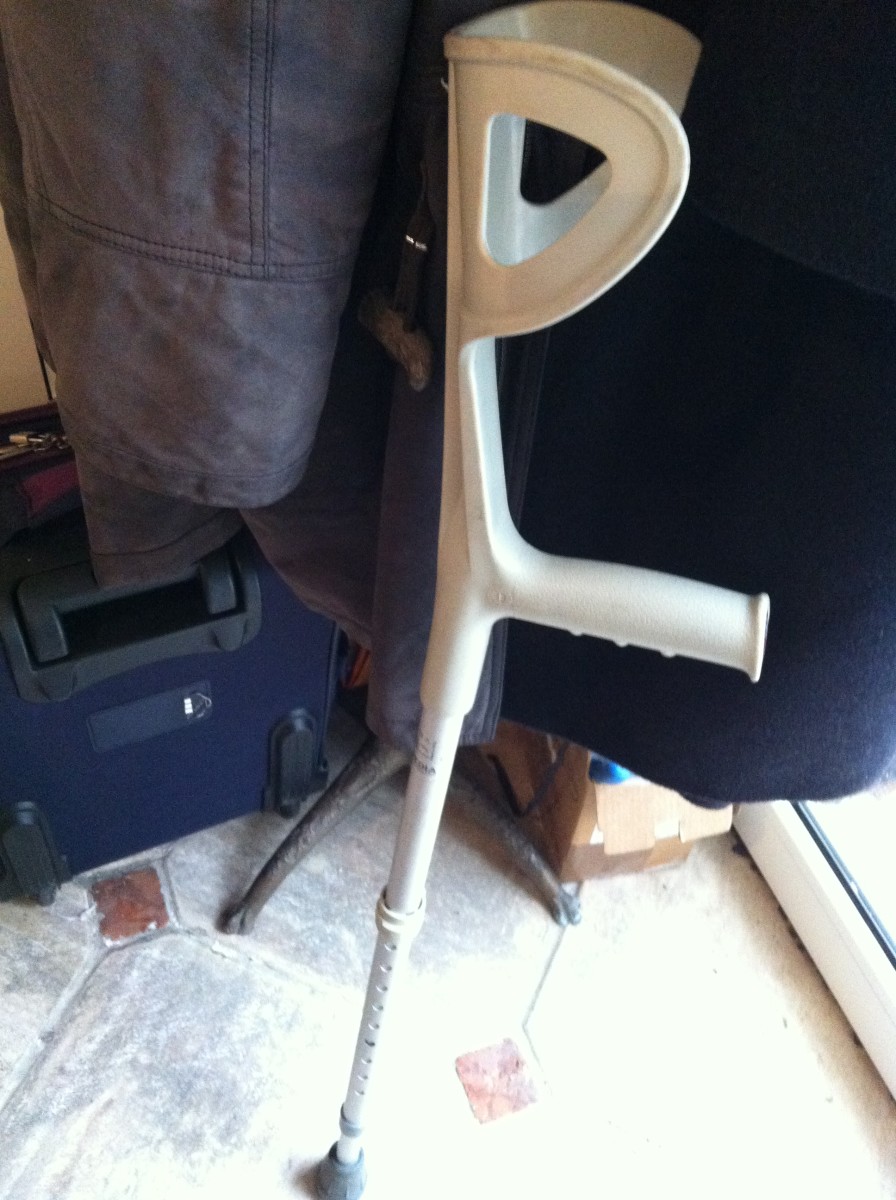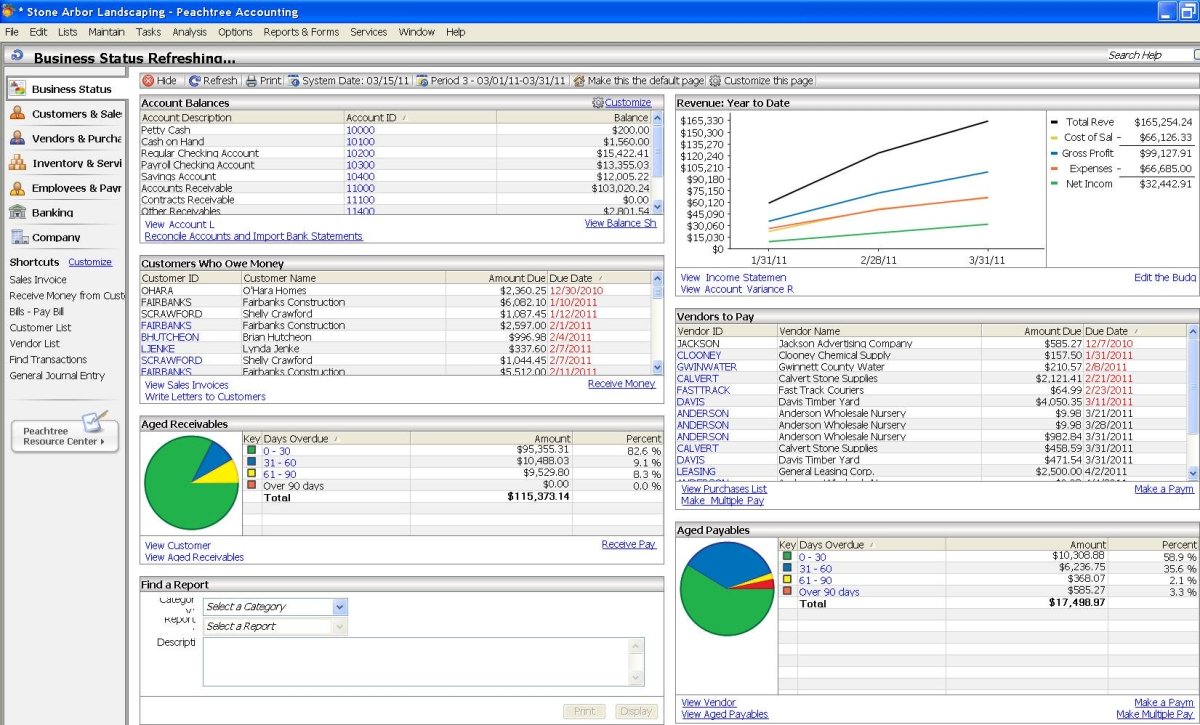Small Business Credit Rating – How to Get It, Keep It, and Use It to Grow Your Business

Starting a small business takes more than just hard work, great products, and market knowledge. Unless you’re offering a service from home with minimal overhead, most small businesses will need access to capital — often through credit or loans. Many entrepreneurs use personal credit cards or property to secure funds, but building your company’s own credit profile is a smarter and more sustainable strategy.
Establish Your Business Properly
Building a business credit rating won’t happen overnight, but by taking some key steps, you’ll soon be on the right road. First and foremost, you’ll need to establish your business properly, according to your state laws. Start with the Secretary of State office to form a legal business entity, such as LLC or S-Corp, depending on your needs. Avoid Sole Proprietorships as they don’t separate your personal and business credit. Next, apply for an EIN from the Internal Revenue Service. An EIN is basically a Social Security number for your business. Once you have these, open a separate business bank account with the businesses name on the account. This step is important as it separates your business finances from personal ones.
Your Financial Infrastructure Makes All the Difference
Once you have the business account, deposit your start-up funds into that account and use it for every transaction associated with the business. Many people will also set up a business account with a card payment processor, such as Square or PayPal. Make sure the proceeds are directed to your business account, and do not use them for anything else. This will help when it comes time do create financial statements and pay taxes.
While you still in the start-up phase, take some time to register with the business credit bureau Dun & Bradstreet to start building a D&B score. Your DUNS Number and associated score can be viewed by vendors and sources of capital and credit; it’s the most widely used and considered essential for building a credit profile. Experian Business and Equifax Business will start tracking your activity as you work with vendors and lenders.

Finding Sources of Credit
When possible, establish a line of credit with your suppliers/vendors. This may not be possible immediately but after you’ve established a payment history can be accomplished. Some common vendors that will work with newer small businesses are Uline packaging and Grainger Industrial Supply. Start with small orders, then pay invoices immediately upon receipt to establish a good payment history. Alternatively, you can apply for a credit card in the businesses name. Chase, Capital One, and American Express are just a few of the reputable business cards. They each offer specific rewards and benefits. Choose the one which suits your business the best. As with lines of credit, make small business charges and pay them off immediately. Avoid a monthly balance if possible.
Building Your Credit Score
Paying bills on time or early is the single biggest factor in your business credit score. Establish a pattern of early payments if possible and regularly check your credit profiles using online tools provided by D&B, Experian, and Equifax. Late or missed payments damage your score and credibility as do multiple applications for credit in a short time. In the eyes of the business credit bureaus, this signifies you are having cash-flow issues or are in trouble. Likewise, don’t let yourself be lured into switching from one card to another. Credit bureaus don’t like that kind of behavior. Do your research before you apply for a card and stick with it.
Regardless of how much capital you need, try to maintain low credit utilization. There are other options for financing. Keep your card balance below 30% of your available credit limit to show financial responsibility. Zero is better. If you need capital, write a business plan on how it will be used and visit your financial institution for a business loan.
Start Strong and Stay Strong
Building your small business credit is a long-term investment. By taking consistent, intentional steps, right from the start, you'll see future benefits. Establishing your business properly, using credit responsibly, and paying diligently can position your business to qualify for better financing, attract larger clients, and weather economic ups and downs with confidence. Don't wait, start now. stay disciplined, and watch your business grow with the power of strong credit behind it.
This content is accurate and true to the best of the author’s knowledge and is not meant to substitute for formal and individualized advice from a qualified professional.
© 2025 Ralph Schwartz








